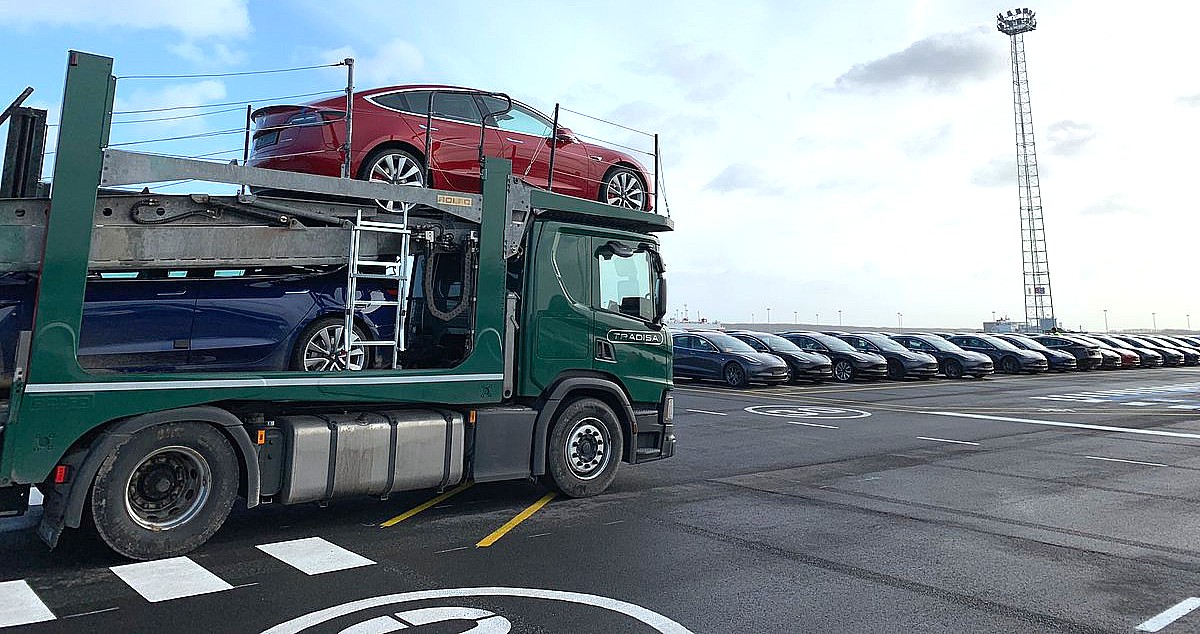
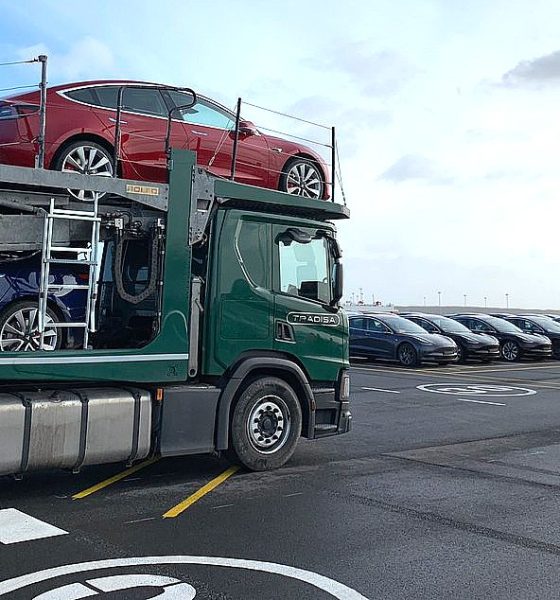
News
Tesla jumps to top spot in Norway as automaker with most loyal customers
The Norwegian Customer Barometer has determined that Tesla has become the carmaker with the most loyal customers in Norway for 2020 so far. What’s particularly impressive is that the organization’s findings come amidst a widespread decline in customer loyalty ratings among legacy automakers.
The past year has not been easy on Tesla’s customer loyalty ratings in the country. The company had a record year for deliveries in 2019, with over 15,000 Model 3 being registered over the year. However, delivery challenges in Europe, especially during the start of the year, put a damper on Tesla’s customer loyalty ratings in Norway.
But this year, Tesla is no longer in the same position as it was in 2019. With deliveries coming to Europe in a more efficient manner, Tesla’s ramp of the Model 3 has generally been optimized in the country, and it showed in its results from the Norwegian Customer Barometer’s survey. Tesla is the only automaker whose customer loyalty ratings actually improved this year, with the company’s scores rising 3.9 points. All other carmakers saw a decline instead.
Pål Silseth, project manager for the Norwegian Customer Barometer, noted in a statement to Dagens Næringsliv that the electric car maker showed a significant recovery from last year’s challenges. “Tesla has recovered after a bang. They delivered many cars in a short time (last year) and were not ready to handle that situation,” the project manager said.
Even Sandvold Roland, Information Manager at Tesla Norway, acknowledged the electric car maker’s challenges in 2019. Roland stated that Tesla’s improved customer loyalty scores in 2020 are a big accomplishment, especially considering that the company does not use traditional advertising at all.
“We have been through a period of growing pains, and this has not been a desirable situation. We will not let this progress become a resting cushion, but will continue to work on the coming cars as well. The fact that our customers are satisfied with our products and services is what drives our sales, so we are happy with this progress,” Roland said.
Tesla’s remarkable recovery in Norway has actually allowed the company to pass Toyota in customer loyalty. This is notable considering that the Japanese auto giant has been operating for decades, and its vehicles are famed for their reliability and affordability. For its part, Nissan has ended up on the opposite side of the spectrum from Tesla, dropping 10 points in customer loyalty despite the presence of popular EVs like the Leaf.
Silseth noted that Nissan’s struggles, especially with the Leaf, highlight the impact of competition in the market. “Nissan will really struggle in the future. When competitors come with their electric cars, Nissan will not be able to keep up. They hit the jackpot with being in the right place at the right time. Nissan had available cars when no one else had. That’s why they got so big,” Silseth said.
Nissan Norway begs to differ. In a statement to local news, Knut-Arne Marcussen in Nissan Norway stated that the company does not acknowledge the findings of the Norwegian Customer Barometer’s recent study.
“We do not recognize that we have such poor loyalty, on the contrary. We were first out in mass production of electric cars in the world, and are now on the second generation of Leaf. It’s been ten years since it was launched in the fall. I think we are counting on the future, electrification is part of our business strategy, and more models are coming from us,” Marcussen said.

Elon Musk
SpaceX Starship V3 gets launch date update from Elon Musk
The first flight of Starship Version 3 and its new Raptor V3 engines could happen as early as March.
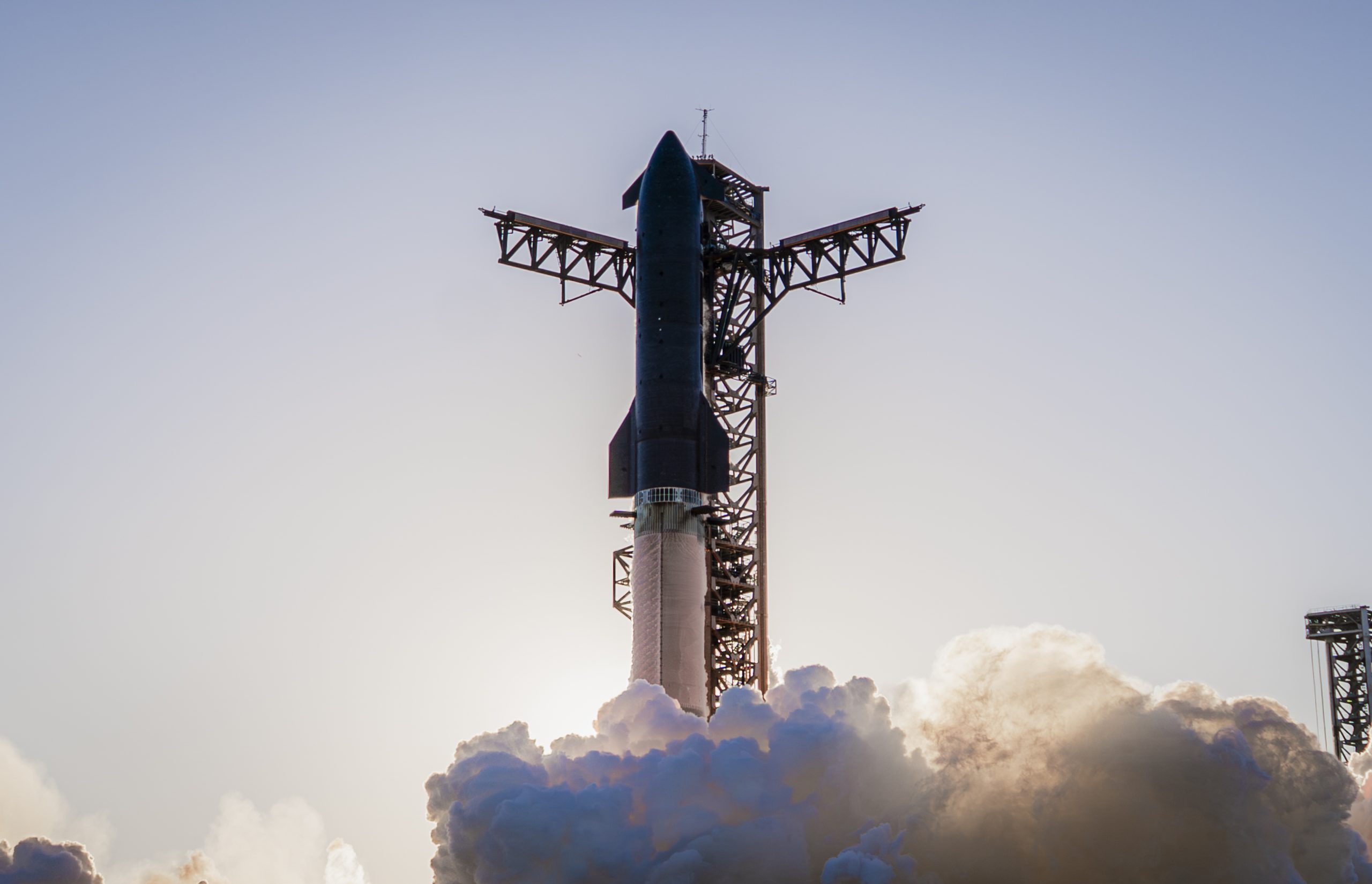
Elon Musk has announced that SpaceX’s next Starship launch, Flight 12, is expected in about six weeks. This suggests that the first flight of Starship Version 3 and its new Raptor V3 engines could happen as early as March.
In a post on X, Elon Musk stated that the next Starship launch is in six weeks. He accompanied his announcement with a photo that seemed to have been taken when Starship’s upper stage was just about to separate from the Super Heavy Booster. Musk did not state whether SpaceX will attempt to catch the Super Heavy Booster during the upcoming flight.
The upcoming flight will mark the debut of Starship V3. The upgraded design includes the new Raptor V3 engine, which is expected to have nearly twice the thrust of the original Raptor 1, at a fraction of the cost and with significantly reduced weight. The Starship V3 platform is also expected to be optimized for manufacturability.
The Starship V3 Flight 12 launch timeline comes as SpaceX pursues an aggressive development cadence for the fully reusable launch system. Previous iterations of Starship have racked up a mixed but notable string of test flights, including multiple integrated flight tests in 2025.
Interestingly enough, SpaceX has teased an aggressive timeframe for Starship V3’s first flight. Way back in late November, SpaceX noted on X that it will be aiming to launch Starship V3’s maiden flight in the first quarter of 2026. This was despite setbacks like a structural anomaly on the first V3 booster during ground testing.
“Starship’s twelfth flight test remains targeted for the first quarter of 2026,” the company wrote in its post on X.
News
Tesla China rolls out Model 3 insurance subsidy through February
Eligible customers purchasing a Model 3 by February 28 can receive an insurance subsidy worth RMB 8,000 (about $1,150).
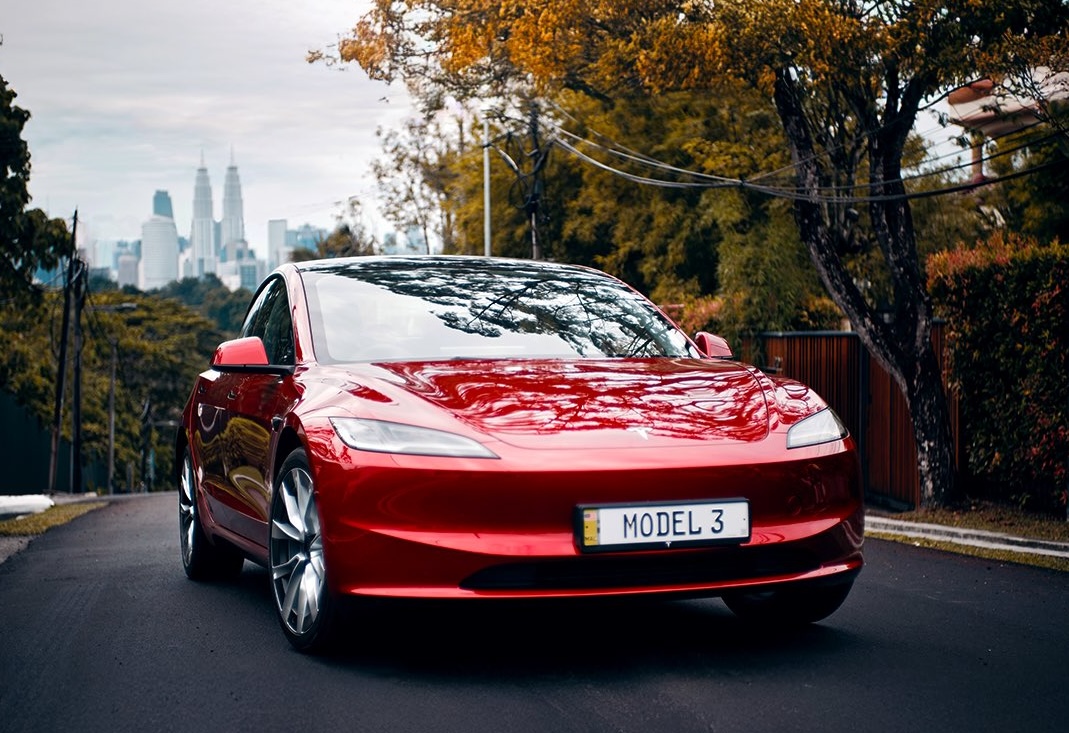
Tesla has rolled out a new insurance subsidy for Model 3 buyers in China, adding another incentive as the automaker steps up promotions in the world’s largest electric vehicle market.
Eligible customers purchasing a Model 3 by February 28 can receive an insurance subsidy worth RMB 8,000 (about $1,150).
A limited-time subsidy
The insurance subsidy, which was announced by Tesla China on Weibo, applies to the Model 3 RWD, Long Range RWD, and Long Range AWD variants. Tesla stated that the offer is available to buyers who complete their purchase on or before February 28, as noted in a CNEV Post report. The starting prices for these variants are RMB 235,500, RMB 259,500, and RMB 285,500, respectively.
The Tesla Model 3 Performance, which starts at RMB 339,500, is excluded from the subsidy. The company has previously used insurance incentives at the beginning of the year to address softer seasonal demand in China’s auto market. The program is typically phased out as sales conditions stabilize over the year.
China’s electric vehicle market
The insurance subsidy followed Tesla’s launch of a 7-year low-interest financing plan in China on January 6, which is aimed at improving vehicle affordability amid changing policy conditions. After Tesla introduced the financing program, several automakers, such as Xiaomi, Li Auto, Xpeng, and Voyah, introduced similar long-term financing options.
China’s electric vehicle market has faced additional headwinds entering 2026. Buyers of new energy vehicles are now subject to a 5% purchase tax, compared with the previous full exemption. At the same time, vehicle trade-in subsidies in several cities are expected to expire in mid-November.
Tesla’s overall sales in China declined in 2025, with deliveries totaling 625,698 vehicles, down 4.78% year-over-year. Model 3 deliveries increased 13.33% to 200,361 units, while Model Y deliveries, which were hampered by the changeover to the new Model Y in the first quarter, fell 11.45% to 425,337 units.
News
Tesla hiring Body Fit Technicians for Cybercab’s end of line
As per Tesla’s Careers website, Body Fit Technicians for the Cybercab focus on precision body fitment work, including alignment, gap and flush adjustments.
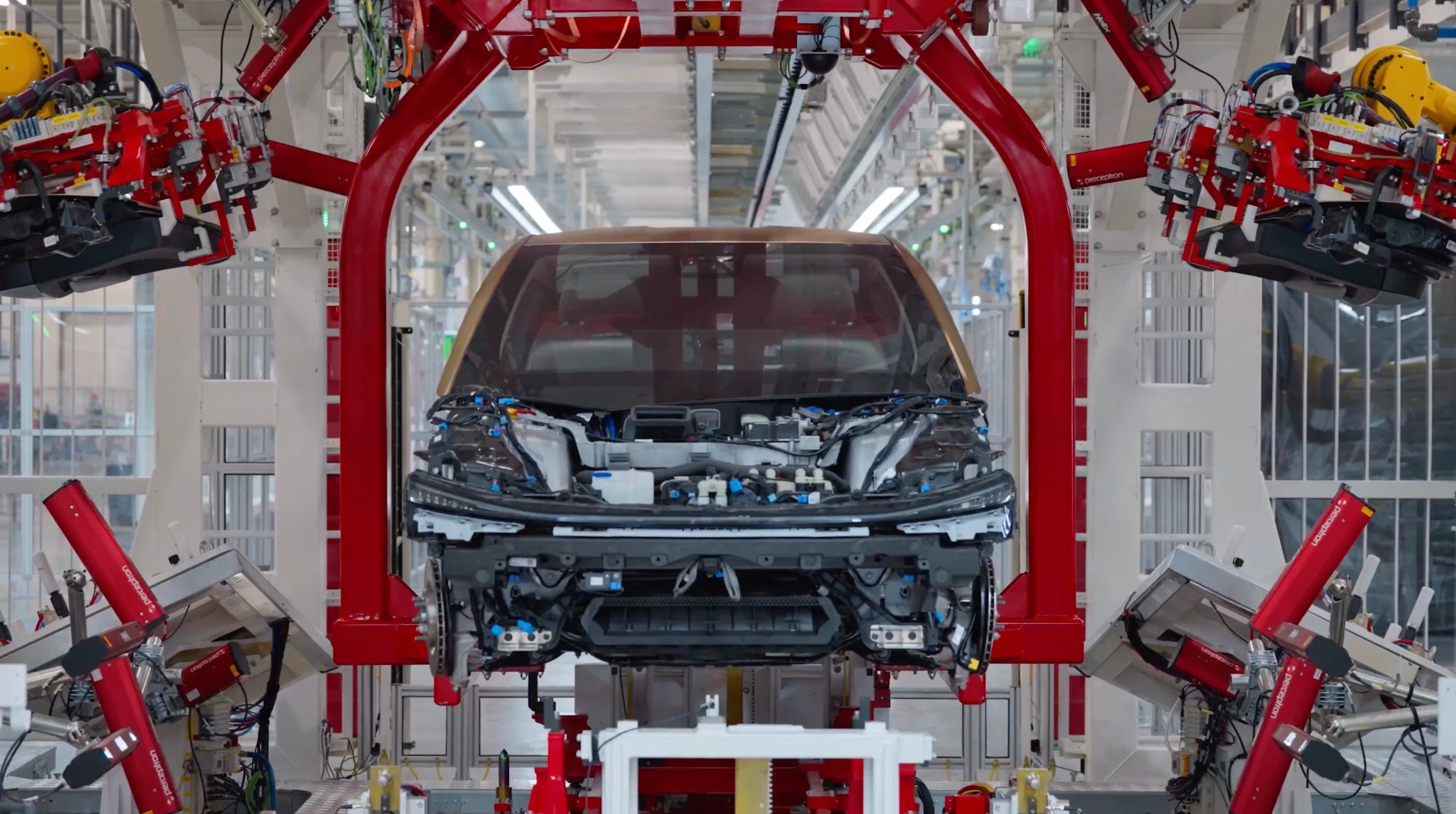
Tesla has posted job openings for Body Fit Technicians for the Cybercab’s end-of-line assembly, an apparent indication that preparations for the vehicle’s initial production are accelerating at Giga Texas.
Body Fit Technicians for Cybercab line
As per Tesla’s Careers website, Body Fit Technicians for the Cybercab focus on precision body fitment work, including alignment, gap and flush adjustments, and certification of body assemblies to specification standards.
Employees selected for the role will collaborate with engineering and quality teams to diagnose and correct fitment and performance issues and handle detailed inspections, among other tasks.
The listing noted that candidates should be experienced with automotive body fit techniques and comfortable with physically demanding tasks such as lifting, bending, walking, and using both hand and power tools. The position is based in Austin, Texas, where Tesla’s main Cybercab production infrastructure is being built.
Cybercab poised for April production
Tesla CEO Elon Musk recently reiterated that the Cybercab is still expected to start initial production this coming April. So far, numerous Cybercab test units have been spotted across the United States, and recent posts from the official Tesla Robotaxi account have revealed that winter tests in Alaska for the autonomous two-seater are underway.
While April has been confirmed as the date for the Cybercab’s initial production, Elon Musk has also set expectations about the vehicle’s volumes in its initial months. As per the CEO, the Cybercab’s production will follow a typical S-curve, which means that early production rates for the vehicle will be very limited.
“Initial production is always very slow and follows an S-curve. The speed of production ramp is inversely proportionate to how many new parts and steps there are. For Cybercab and Optimus, almost everything is new, so the early production rate will be agonizingly slow, but eventually end up being insanely fast,” Musk wrote in a post on X.









